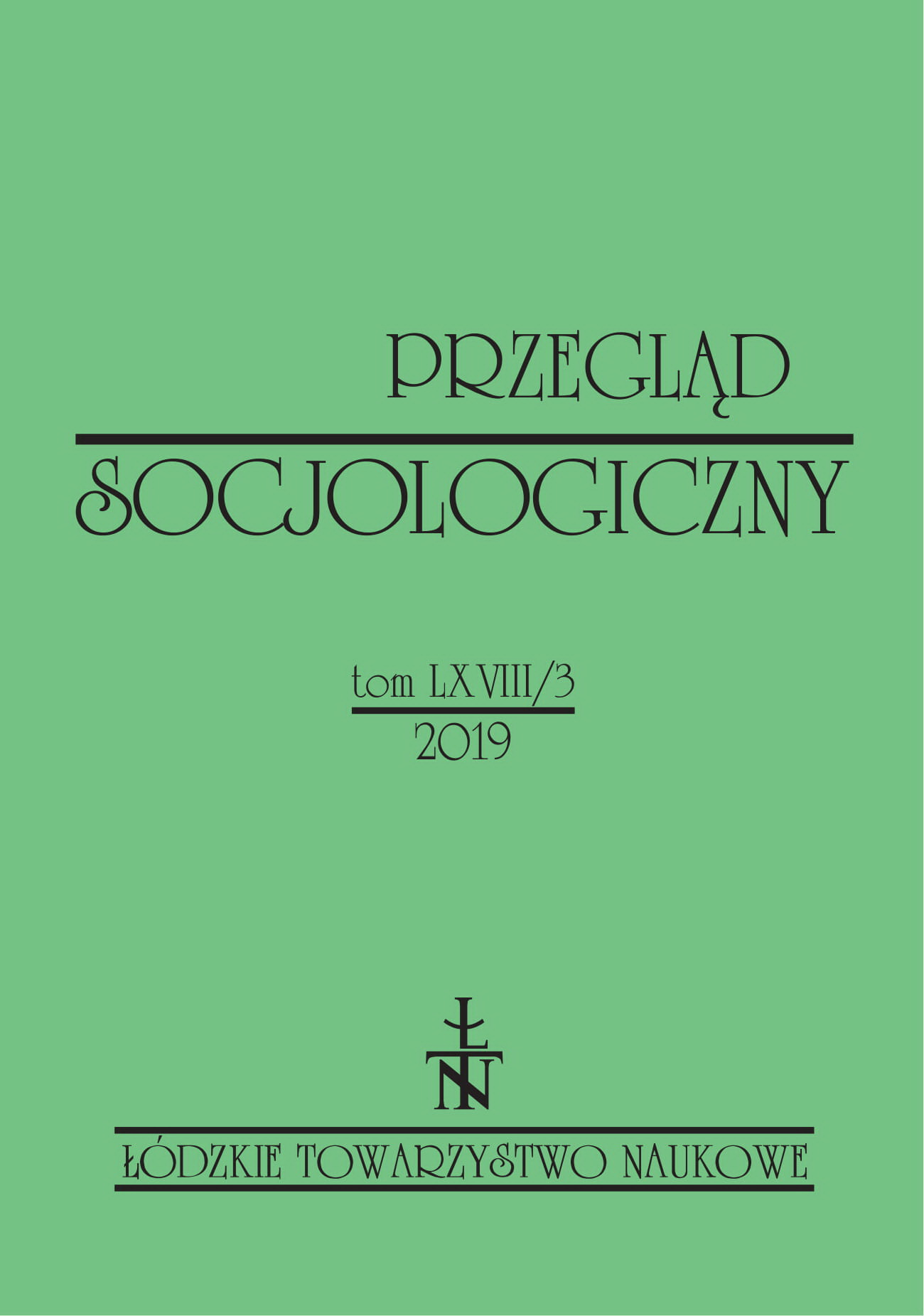Nie nasza to wojna – społeczne ramy niepamięci o I wojnie światowej
This is not our war – the social frames of the “non-memory” of World War I
Author(s): Jakub WysmułekSubject(s): Sociology
Published by: Łódzkie Towarzystwo Naukowe
Keywords: collective memory; First World War; politics of memory; places of memory
Summary/Abstract: The article discusses the place of World War I in contemporary Polish culture and politics of memory. In Poland, the centenary commemorations of the Great War in 2014 and 2018 went by with a telling lack of reference to the related events at the national level. The impression of this collective forgetting prompts questions about its scale, coherence and causes. In order to define the frames of this “non-memory” about the Great War, the article identifies registers which contain references to people, places and events connected with the Great War. They were assigned to the three dimensions of the collective memory, defined here as: first, the official, state politics of memory, second, the local politics of memory and third, the individual memory. The collected data indicate that despite the significant influence that the First World War had on the life of the entire war generation, and despite the scale and severity of warfare taking place on the territory of today’s Poland, the history of the Great War is mostly silent in the national historical narratives. In the official, state politics of memory, its role is reduced to a certain “prelude” before the rebirth of Polish statehood, while in the minds of contemporary Poles the experiences of 1914–1918 are mostly forgotten. The popular silhouette of Józef Piłsudski and the celebrations of Independence Day on November 11 function in isolation from the historical context and are not the subjects of contemporary public debate. However, in recent years, in the local dimension of memory, we may observe a certain renaissance of the remembrances connected with the First World War. Local authorities, activists and communities have started to commemorate the participants and victims of the war, regardless of the language they used and the banner under which they fought. The article finishes with the presentation of three hypotheses of the social and political reasons that prevented the memories of wartime experiences from entering into the canon of Polish national culture.
Journal: Przegląd Socjologiczny
- Issue Year: 68/2019
- Issue No: 3
- Page Range: 157-183
- Page Count: 27
- Language: Polish

